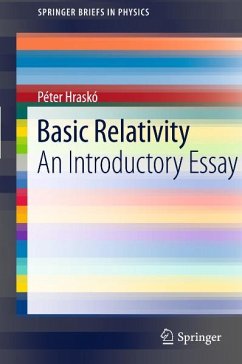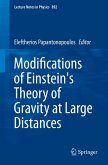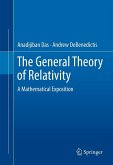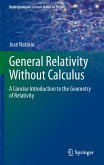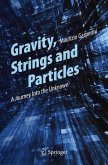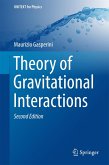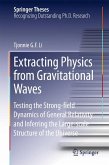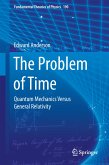This Brief presents a new way of introducing relativity theory, in which perplexing relativistic effects such as time dilation and Lorentz contraction are explained prior to the discussion of Lorentz-transformation. The notion of relativistic mass is shown to contradict the spirit of relativity theory and the true significance of the mass-energy relation is contrasted with the popular view of it. The author discusses the twin paradox from the point of view of both siblings. Last but not least, the fundamentals of general relativity are described, including the recent Gravity Probe B experiment.
Dieser Download kann aus rechtlichen Gründen nur mit Rechnungsadresse in A, B, BG, CY, CZ, D, DK, EW, E, FIN, F, GR, HR, H, IRL, I, LT, L, LR, M, NL, PL, P, R, S, SLO, SK ausgeliefert werden.

